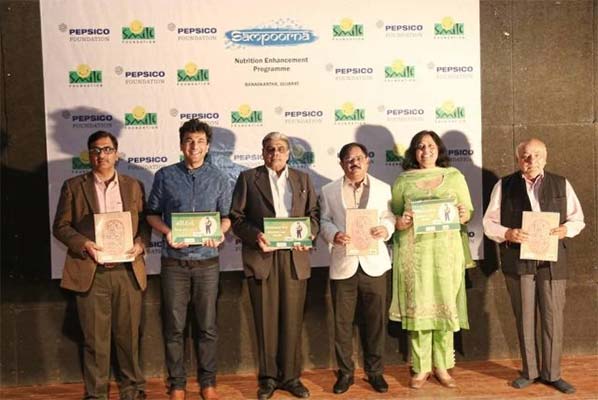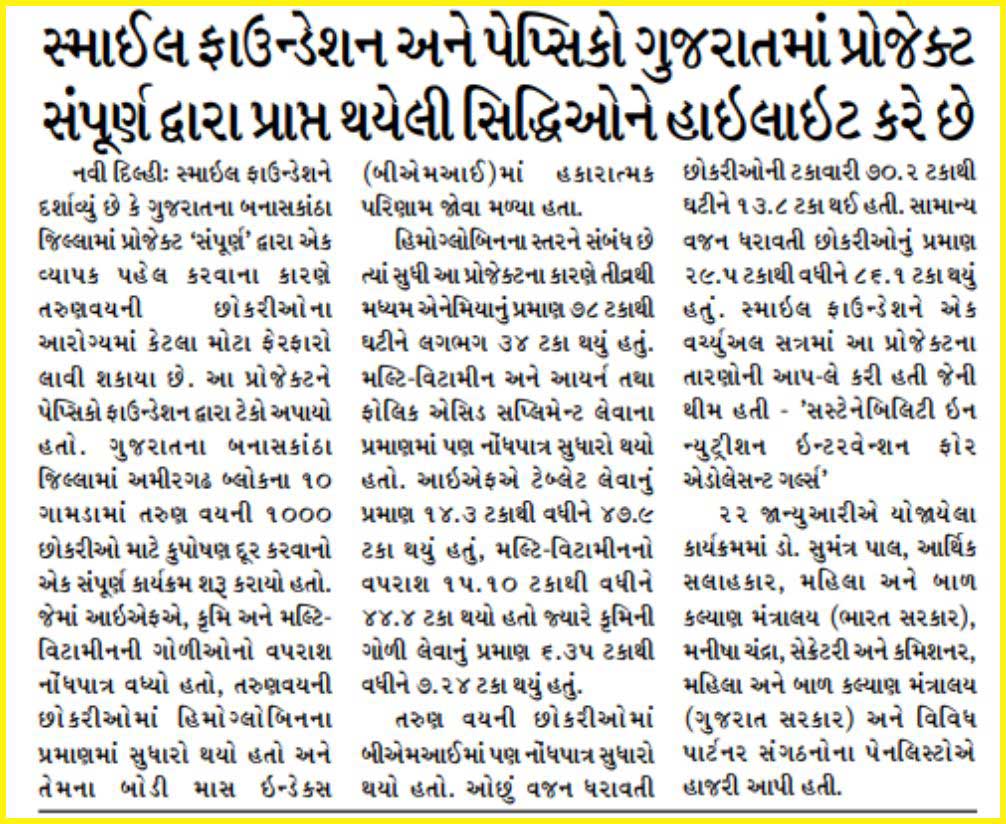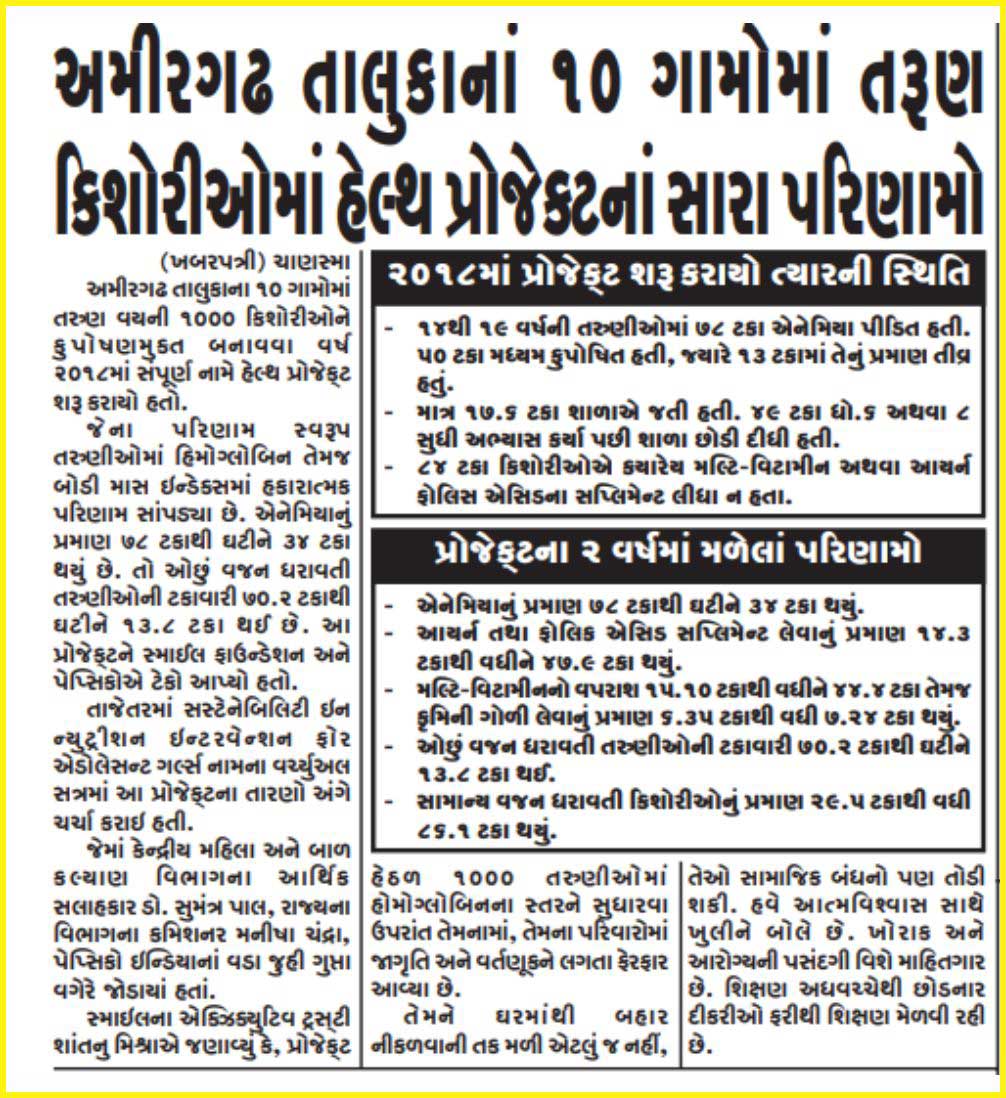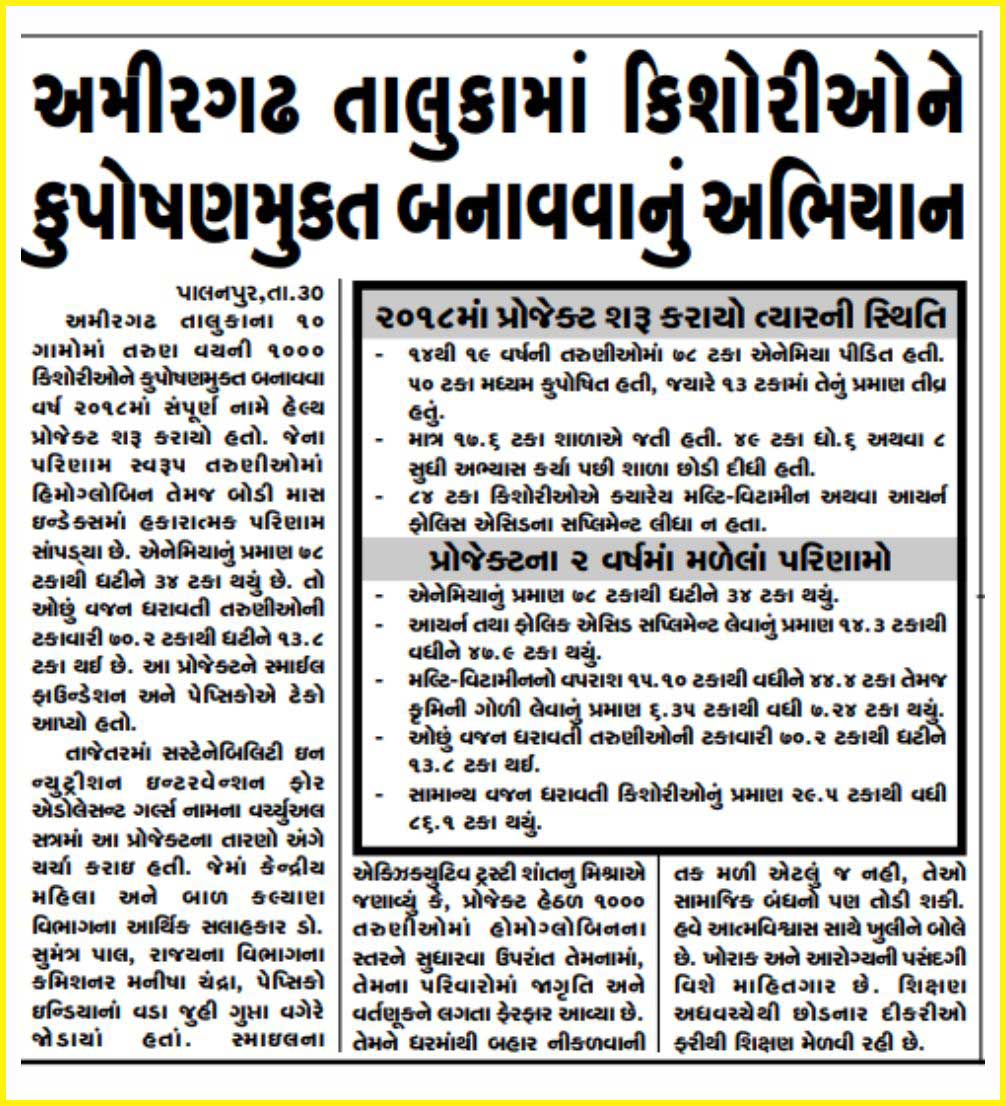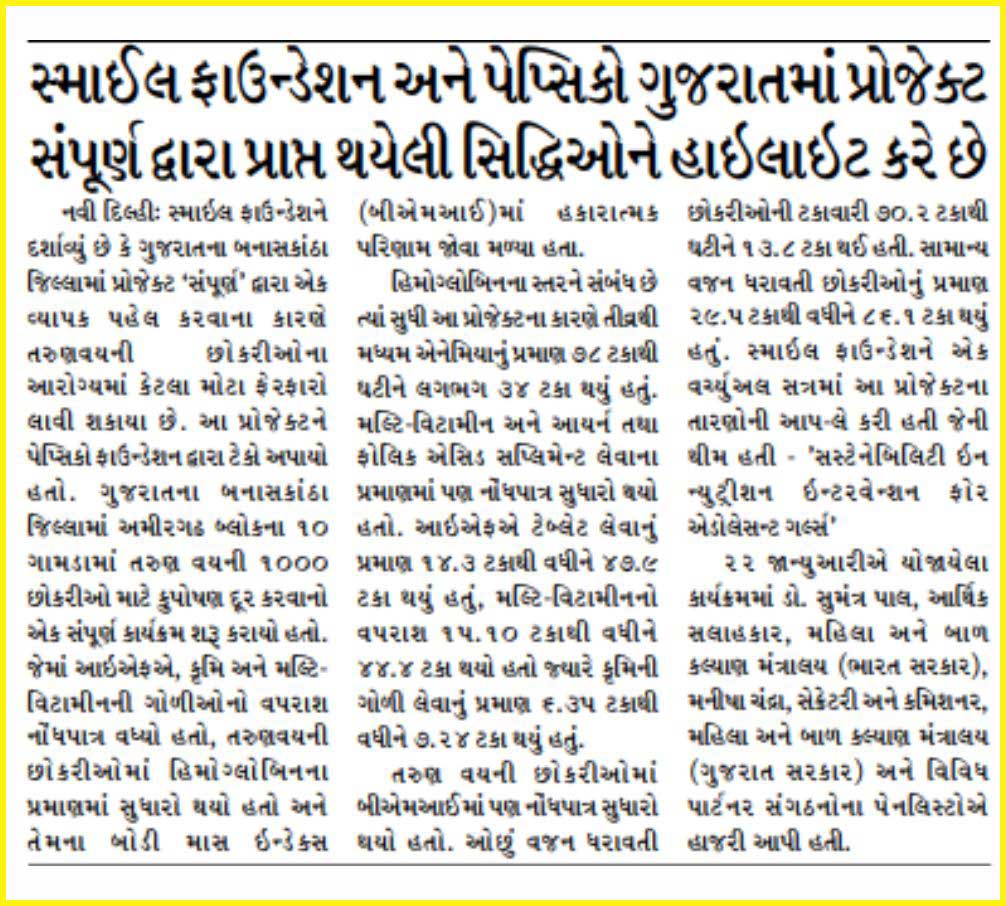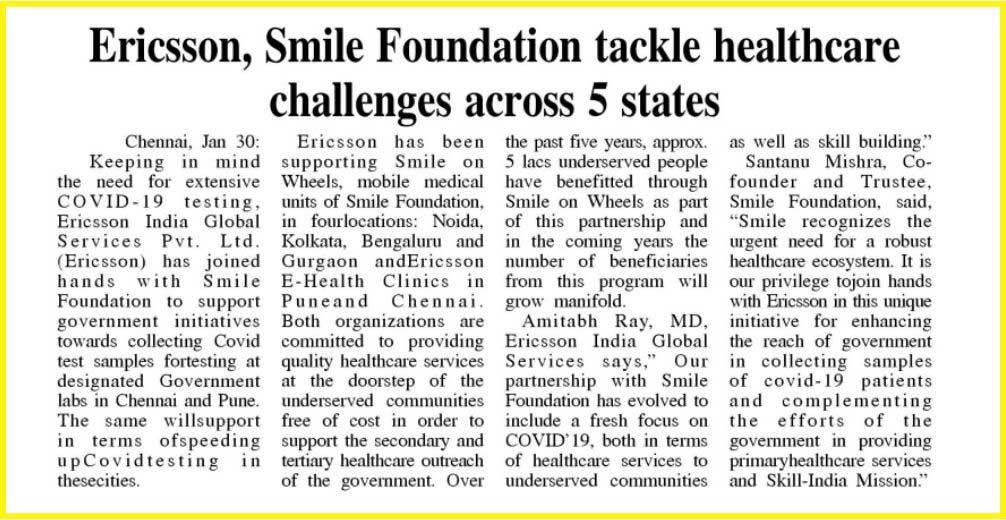Teaching the teacher is key
- Home
- Smile Team
- Page 161
( February 2, 2021 )
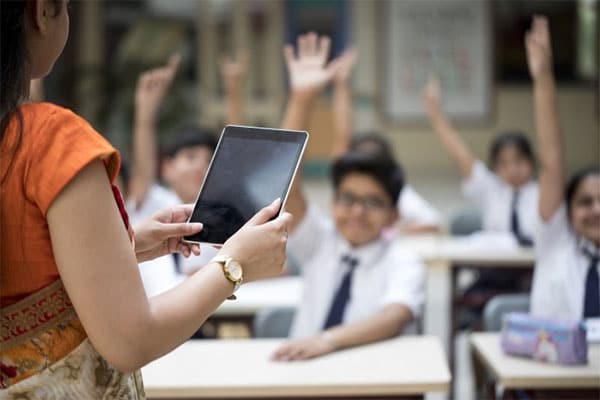
Building an effective education system for a world after Covid-19 needs to include a collaborative stakeholder engagement and customized solution for all target groups. It is pertinent to note the plethora of challenges that Covid-19 has brought to the fore since March 2020– a digital divide, gender-digital divide, and quality of training. Even before Covid-19, India’s education sector was already trailing with an insufficient number of teachers, quality of teachers, an ecosystem for training teachers, setting the ground for a digital education model. Students were at the receiving end of these sectoral issues.
For educators across the world, the pandemic has been a quintessential adaptive and transformative challenge, a challenge with no predefined guide, but in the Indian context, the trouble is deep-rooted in the lack of innovative digital infrastructure for connecting students, teachers, parents, and institutions on a single platform. While there is an immense focus to find a solution on one end–students–there is less emphasis on teaching the teachers.
Dialling it back a step, the infrastructure for education, sufficient budgetary allocation and quality of education and pupil-teacher ratio (30:1) were key issues of the sector. These resulted in warped primary education which created a domino effect for high education, students coming out of the higher education system also lacked the desired technical and managerial competency and skills and are often found unemployable.
A study by Smile Foundation showed that 43.99% of surveyed children had access to smartphones and another 43.99% of students had access to basic phones while 12.02% do not have access to either smartphones or basic phones. A total of 56.01% of children were found to have no access to smartphones, the study said.
There is no such study or assessment on teachers’ understanding of online education, online examination and online evaluation. This again needs to be looked at with various sub lenses–the urban-rural, socio-economic and gendered lens. The teachers are also new to the pandemic. They have no prior manual to function in this new world order. There are two ways to map the gap, a feedback study by parents or an online evaluation check for teachers. Either route will help the education sector define the problem.
At the moment defining this problem means keeping a check on education success matrices in India. Over the past few years, we have tried to curb the drop-out rate, increase enrolment in schools and also worked on improving basic education. All these indices do not paint a pretty picture. A complete digitisation in the education industry has made upskilling in technology-use a prime necessity for teachers.
A few challenges have been identified by a study conducted in Uttarakhand. It revealed four categories of barriers that are faced by teachers during online teaching and assessments. Under home environment settings, a lack of basic facilities, external distraction and family interruption during teaching and conducting assessments were major issues reported. Institutional support barriers such as the budget for purchasing advanced technologies, a lack of training, a lack of technical support and a lack of clarity and direction were also reported. Teachers also faced technical difficulties.
India is committed to achieving Sustainable Development Goals within the next decade. With the clock running, the sector needs swift action to train the teachers. This means there should be a robust collaboration between private and public institutions. The current teacher education system should include technological advancements, child-psychology and development, issues related to health, safety and nutrition of children. Teaching-learning and child development should go hand in hand.
The solution seems to be training the guru for a future that is already here. The solution won’t be one size fits all. It will need a collaborative and inclusive approach by think tanks, government, ed-tech startups to understand the current efficiency level of teachers and then provide solutions to upskill them.
(The writer is the Co-Founder and Executive Trustee of Smile Foundation)
Source : https://www.deccanherald.com/opinion/panorama/teaching-the-teacher-is-key-946439.html




